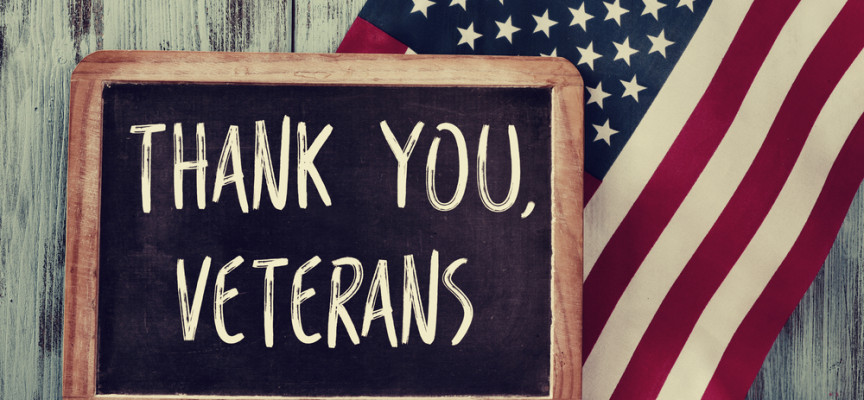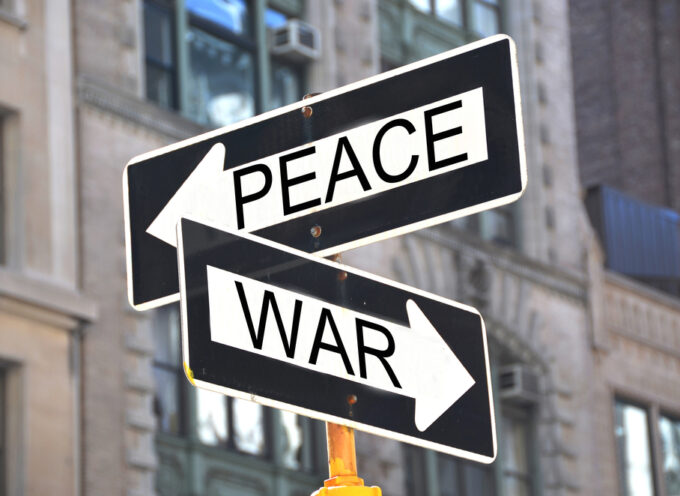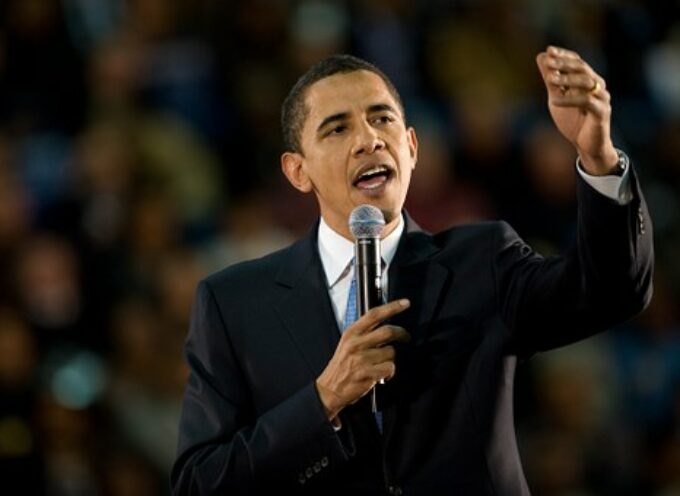On November 11, 1918, the world celebrated the Treaty of Versailles. This treaty signaled the end of World War 1, a war in which “civilized” Westerners had remained in trench warfare firing guns at one another for four solid years.
Soon after, the United States instituted a national holiday—Armistice Day—to remember the sacrifices of our WW1 soldiers. In 1954, Congress changed the holiday’s name to Veterans Day so that Americans could remember the sacrifices of all our soldiers.
In a moment, I will mention 8 things Christians can do to honor and minister to Veterans. But before I do so, I want to mention two moments in my life that caused me to appreciate our veterans in a way I would not otherwise.
The first moment occurred when I was in my early twenties working as a journalist, and was able to feature my grandfather—Col John T. Ashford, Jr.—in the Sunday edition of the paper. Grandfather was a WWII bomber pilot and had flown 25 combat missions and been shot down over the European theater. As we interviewed, he stopped several times to mention friends of his who were shot down or otherwise killed during the war.
The second moment occurred last week, as I was preparing the “war and democracy” portion of my lecture notes for a course at The College at Southeastern. As I wrote about the sacrifices made by so many of our nation’s veterans, I reflected on what the United States would be like if they had not made those sacrifices. What would it be like for Americans to live under the iron-clad and oppressive rule of fascists such as Hitler or Mussolini?
Or, to switch the analogy, how would we like to live in certain Middle Eastern or Central Asian nations where women are beaten for appearing in public with a man who is not a relative? To live in Yemen, where citizens are kidnapped and tortured because of their profession of faith in Christ? To live in Zimbabwe, where a totalitarian ruler has stolen everything from his people for decades on end?
These question are hypothetical for us because we, in fact, live in a nation that provides us great freedom. And we have that freedom because the men and women in our armed forces secure it for us, at great cost to their families and sometimes sadly at the cost of their own life.
For this reason, it is not enough for us merely to remember veterans and military personnel once a year on Veterans Day. It is incumbent on us to minister to veterans and other military personnel. Here are 7 ways we can do so:
- Thank them. Make it a point to find veterans, look them in the eye, and thank them from the bottom of our hearts.
- Support their spouses and families. If they are active personnel, find ways to support their spouses and families while they are deployed for months at a time.
- Connect them with each other. Veterans understand veterans better than anybody else. Churches are especially well poised to foster friendship and support networks within the local body, or among and between local churches.
- Know good medical professionals and counselors. Sometimes the most urgent thing for a veteran is to be connected with caring medical professionals and trustworthy Christian counselors.
- Find places for them to work and lead. Veterans have already served our nation, often at great cost to themselves and their families. The least we can do is help them find good places to work and appropriate places to lead; after all, they are uniquely gifted persons whose contributions can extend far beyond the military base or battlefield.
- Volunteer at a veteran’s home or hospital. Usually, veterans homes and hospitals welcome volunteers who are willing to visit veterans, listen to veterans and talk with them, and perhaps bring them gifts on holidays such as Christmas, Easter, or Veterans Day.
- Participate in fundraisers for veterans and their families. Wounded warriors and other veterans find themselves financially disadvantaged. As Christians, we can show love to them by organizing and participating in community fundraisers on their behalf. This type of tangible display of love can change their lives for the better and, for those who are unbelievers, perhaps open their hearts to Jesus.
- Be a good citizen. One good way to disrespect a veteran is to disrespect the nation on whose behalf they fight or have fought. Conversely, one good way to honor a veteran is to be a good citizen by voting during elections, fighting for justice, and praying for our nation.
At one point during my interview with Grandfather, as he recounted being shot down while flying anti-sub patrol over the Bay of Biscay, we had to stop for a moment so he could regain his composure. He called my attention back to some of his good friends who were killed during the war, and reminded me that it wasn’t his own skill that made him safe during combat: “It was the Lord looking after me. For some reason, he spared me.”
The Lord spared my Grandfather and gave him many years and a good life after the war. May we, as Christian Americans, do everything we can to minister to veterans in the hopes that they will have many years and a good life during and after their service.
Subscribe
Never miss a post! Have all new posts delivered straight to your inbox.







